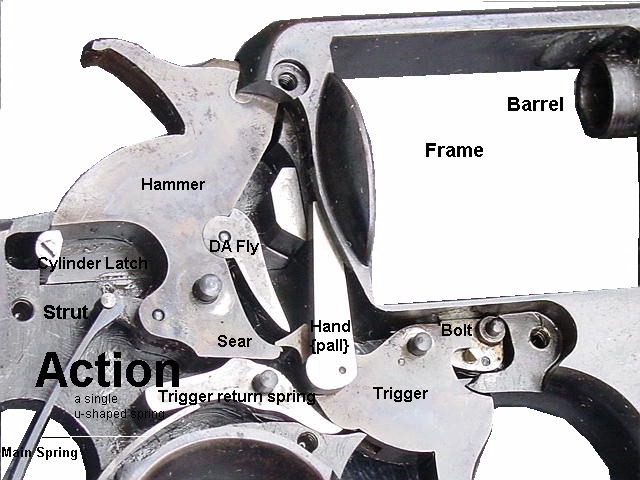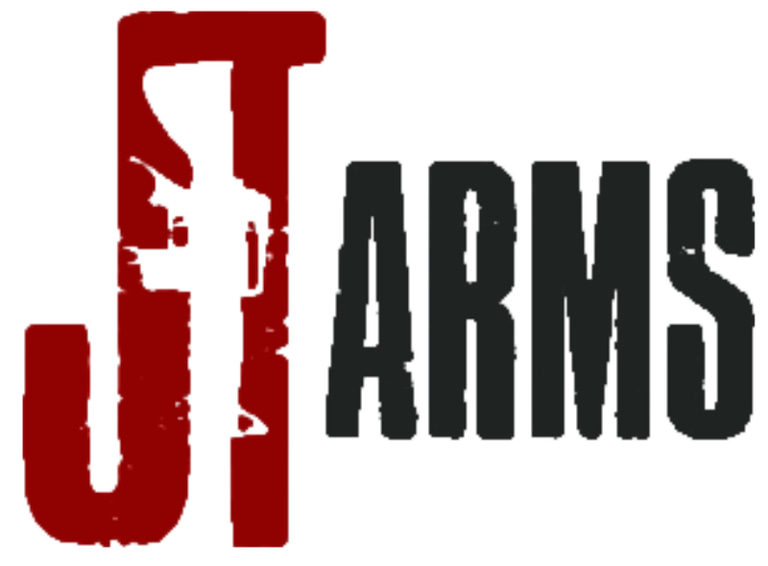The Science of Trigger Jobs:
How a Clean Break Improves Accuracy
8/29/20251 min read


When it comes to shooting accuracy, people often focus on optics, ammo, or barrel length. But ask any seasoned marksman, and they’ll tell you: the trigger is just as important as the barrel. A clean, consistent break separates a good shot from a great one.
What Exactly Is a Trigger Job?
A trigger job is the process of tuning a firearm’s trigger system to provide a smoother, lighter, or crisper pull. It can involve:
Polishing sear surfaces
Adjusting or replacing springs
Reducing take-up or overtravel
Installing aftermarket trigger groups
The goal is to remove inconsistencies that affect your trigger press.
Why the Trigger Matters
The trigger is the shooter’s final input before the bullet leaves the barrel. If the pull is heavy, gritty, or unpredictable, you’ll unintentionally shift your aim. A clean, crisp trigger allows the shot to break without disturbing sight alignment.
Benefits of a Trigger Job
Accuracy Boost: Reduces human error.
Faster Shooting: Shorter reset speeds up follow-up shots.
Shooter Confidence: A good trigger inspires consistency.
Risks of DIY Trigger Jobs
Home polishing can go wrong fast. Over-polishing can remove too much material, causing unsafe conditions like hammer follow or accidental discharge. Too-light springs can also create unreliable ignition.
When a Trigger Job Makes Sense
Precision rifle shooters looking for sub-MOA groups.
Competition shooters needing fast splits.
Self-defense firearms (done carefully, with reliability prioritized).
Conclusion
A trigger job is one of the most cost-effective upgrades in gunsmithing. Just remember—safety and reliability come first. If you’re unsure, leave it to a professional.
👉 Want a smoother trigger? JT Arms offers safe, professional trigger jobs tailored to your firearm and needs.
